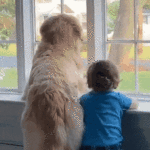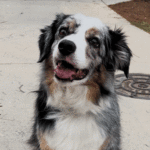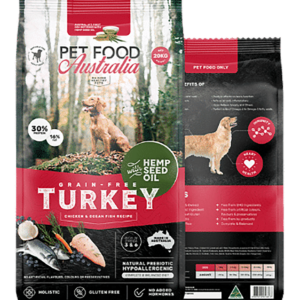No products in the cart.
Managing Separation Anxiety in Dogs
Dogs are social animals and love companionship. Unfortunately, this means they can also suffer separation anxiety when left alone. Separation anxiety is a severe condition that can cause dogs to become stressed and anxious when away from their guardians. Thankfully, there are several things you can do to help your dog cope with separation anxiety.
Firstly, let’s discuss:
WHAT IS SEPARATION ANXIETY IN DOGS?
Separation anxiety is a condition characterized by distress and behavioral problems that occur when an animal becomes separated from its owner. It’s most commonly seen in dogs but can also affect cats and other animals.
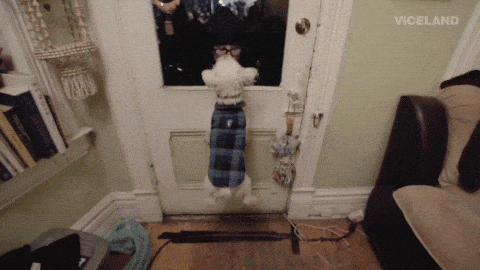
SYMPTOMS OF SEPARATION ANXIETY IN DOGS
Signs of separation anxiety in dogs include:
– Excessive barking or howling
– Chewing, digging, or scratching furniture
– Doing their ‘business’ indoors
– Pacing or restless behavior
– Escaping from crates or yards
– Acting out
These behaviors may not be present when you’re around, but your precious pup can go rogue after you’ve gone. Causing complaints from neighbours, damage to your home and other people’s property, and even injury to your dog as he attempts a Houdini-esque escape from his confinement. So, what is causing these behaviors?
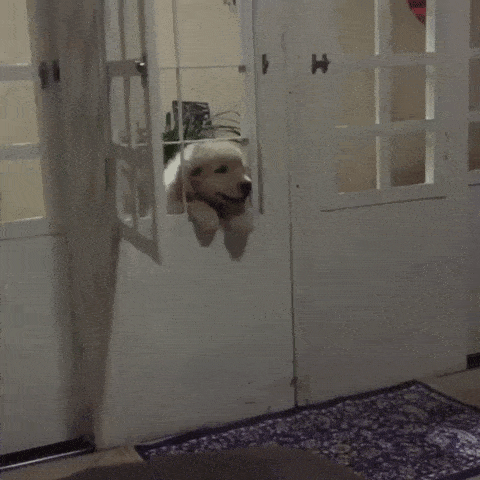
CAUSES OF SEPARATION ANXIETY IN DOGS
There is no single cause of separation anxiety, and several factors can trigger it. Some including:
Lack of socialization: Dogs who haven’t been properly socialized may be more prone to separation anxiety.
Resentment of other family members: If your dog is jealous of the attention given to other family members, he may become anxious when left alone.
Separation from a previous owner or fur-friend: Adopted dogs may experience separation anxiety due to losing their previous owner. Commonly, dogs also suffer some stress when their furry dog brother or sister passes on, leaving them alone far more often than not.
Moving to a new home: A change in environment can trigger separation anxiety.
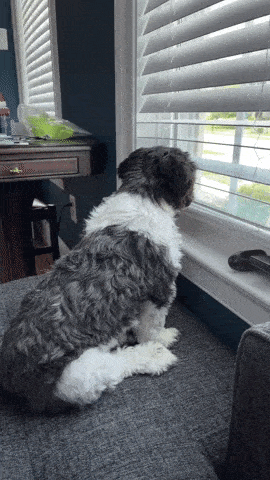
Lack of exercise: A dog who isn’t given enough exercise is more likely to develop separation anxiety due to its pent-up energy.
These are just a few symptoms of separation anxiety. However, if your dog is acting out in other ways, don’t rule out separation anxiety because it’s more common than you think.
HOW TO TREAT SEPARATION ANXIETY IN DOGS
Although there is no ‘cure’ for separation anxiety in dogs, there are a few things you can do to help ease his anxiety.
Exercise: One of the best ways to treat separation anxiety is to ensure your dog gets plenty of exercise. A tired dog is a calm dog, and a calm dog is less likely to be anxious and also less likely to go destructo on your home, belongings, or himself.
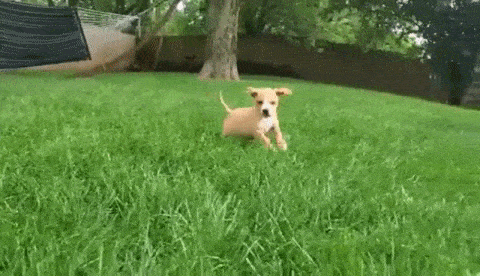
Mental Stimulation: Boredom is often a trigger for separation anxiety, so keeping your dog’s mind occupied while you’re away will help to ease his anxiety. Try giving him puzzle toys stuffed with treats or food-dispensing toys he has to work on to get the goodies out of.
Leave him with a familiar item: If you leave your dog with a favourite toy or piece of clothing that smells like you, he may feel more comforted in your absence.
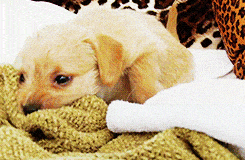
Don’t make a big deal out of leaving: If you act anxious or guilty when you go, your dog will pick up on those cues and become anxious himself. So instead, try to act calm and confident. And as hard as it might be, don’t say goodbye.
Gradually increase the time you’re away: If your dog is used to being left alone for short periods, he may be less likely to experience anxiety when you go for more extended periods. Start by leaving him for just a few minutes, and then gradually increase the time you’re away.
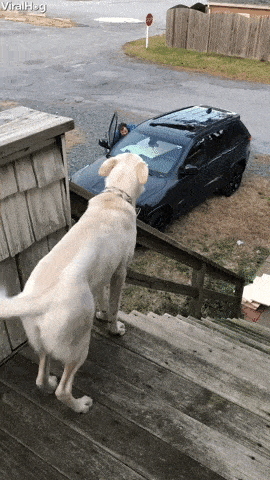
Separation anxiety is tough on dogs AND their owners. However, with some patience and training, you can help your dog overcome his separation anxiety and instead enjoy being left alone.
If you’re interested in more tips, tricks or fun facts make sure you check out our other blogs. OR give us a follow over on Instagram, Facebook or Youtube… we put out some seriously howl-arious stuff!

